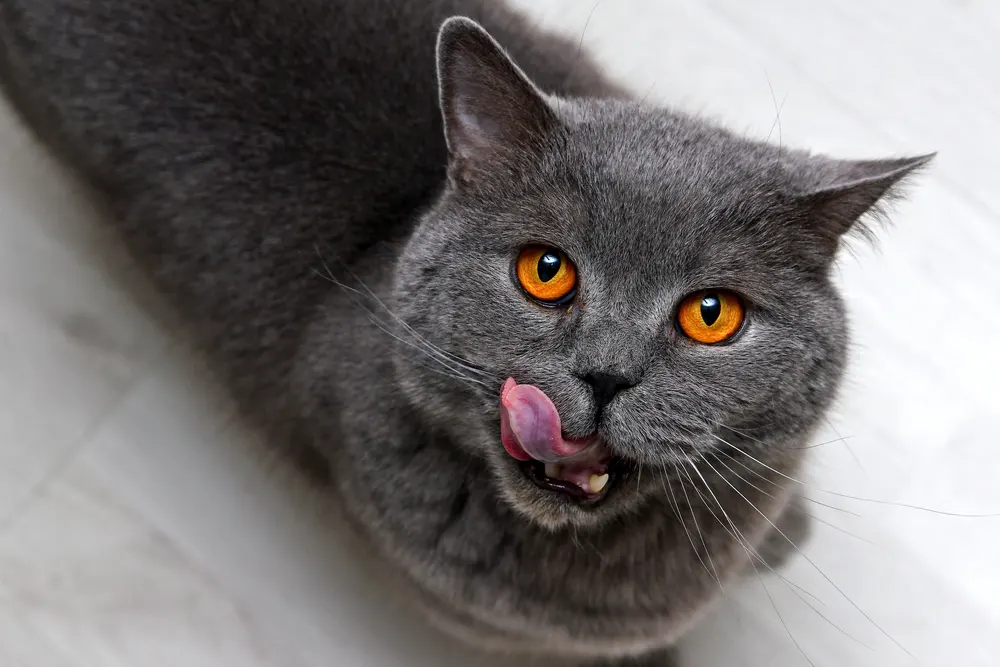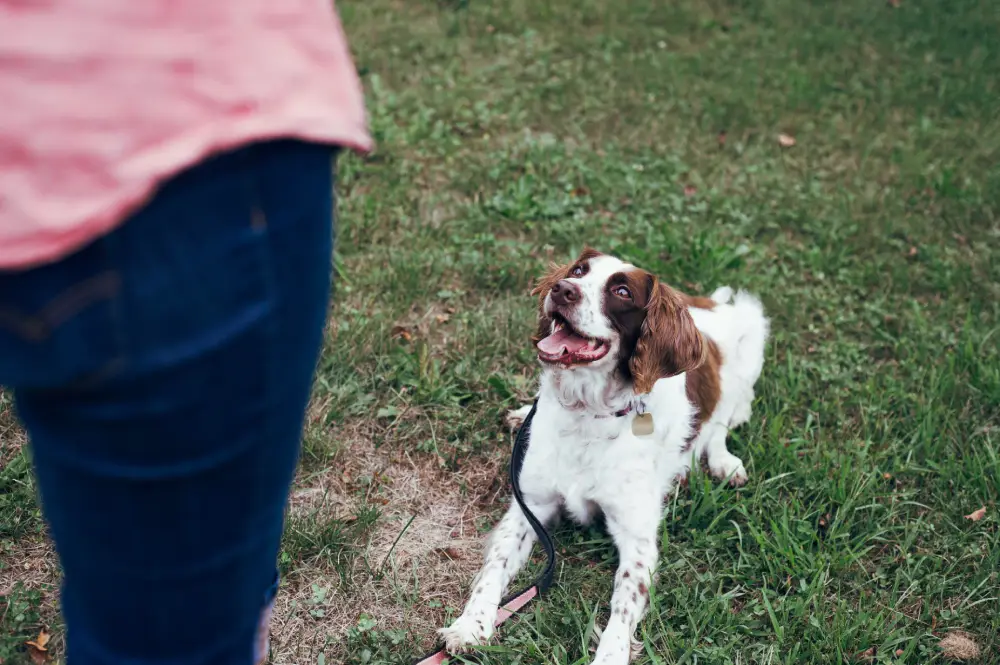
Why is my cat fussy?
April 27th 2023
In general, compared to dogs, cats can be very picky eaters. This can make buying cat food very frustrating, especially if they refuse to eat something they loved last week!
But why are they fussy, and is there anything we can do about it?
Why are cats picky about food?
Firstly, medical reasons for refusing food need to be ruled out. A cat that is in pain, or suffering with nausea will not eat. Pain could be a dental or gum issue, but equally pain in other parts in the body may affect appetite. Certain diseases can cause inappetence too, such as renal (kidney) failure, and the weather can also make a difference, many cats will eat less in hot weather.
If your cat is otherwise healthy, then they are probably displaying normal feline behaviour.
There are several theories behind why cats are fussy
All cats are different, and some cats display neophobia (they avoid new foods) whereas, others are neophilic, meaning they will often select a new food over their usual diet. The theory behind neophilia is that it may stem from wild cats seeking out new foods to ensure they get a balanced diet.
However, if they are stressed or poorly, even neophilic cats may prefer their usual diet as they don’t want to risk eating something that is new and will potentially upset them.
Several studies on feline food preferences have shown that they prefer foods high in protein, and dislike foods with a higher fibre or mineral (ash) content. However, this is a generalisation, and again food preferences depend on individual variation including what they ate as kittens and even what their mother ate when she was pregnant and nursing them.
How to encourage a fussy cat to eat
1. Palatability is a huge issue in cats. They need their food to be tasty. Try warming their food with hot water or pop in the microwave for a few seconds (allow to cool a bit before feeding). Warming the food can bring out the aroma. Many cats also like their food at a warm temperature, the theory being it is like freshly caught prey.
2. Fussy cats may be better having set mealtimes instead of being allowed to graze (free feed), however bear in mind that in the wild cats will eat up to 20 small meals a day, so small frequent meals are better than one or two large meals.
3. Make sure their bowl is not next to their litter tray – no one likes to eat next to the toilet!
4. Put their bowl in a quiet area of the house. If there are other pets or children around it can make eating very stressful.
5. Studies show some cats have a preference for kibble shape and size, so you might need to try a few small bags of food to see which size and shape of dry food your cat prefers.
6. Some cats may also have a preference for texture and may prefer wet food over dry food, or vice versa. There are several types of wet food including soups, chunks in gravy or jelly, again your cat may prefer one type over another.
7. Some cats prefer fish over meat, other cats hate fish. Again, it might be wise to buy small amounts to start with.
8. Cats are very susceptible to the smell of their food. If you’ve had wet or dry food open to the air too long, they may refuse it.
9. Don’t offer too many table scraps or treats such as cooked chicken or tinned fish. If they fill up on these foods, they won’t be hungry enough to eat their complete cat food.
10. And finally, if you want to try a new diet with them and they initially refuse to eat it, keep offering fresh portions. Sometimes they need a few days of smelling it to decide that they want to eat it.
Should I be worried if my cat doesn’t eat anything?
Cats that don’t eat at all are at risk of developing fatty liver disease (Hepatic lipidosis). If your cat has not eaten for 24-48 hours, it is vital that you contact your vet.
If you would like further information about feeding your cat, please contact us via 01793 887 555 or via nutrition@vetskitchen.co.uk

 Shop Dog
Shop Dog
 Shop Cat
Shop Cat
 Vet Know-how
Vet Know-how Contact
Contact


